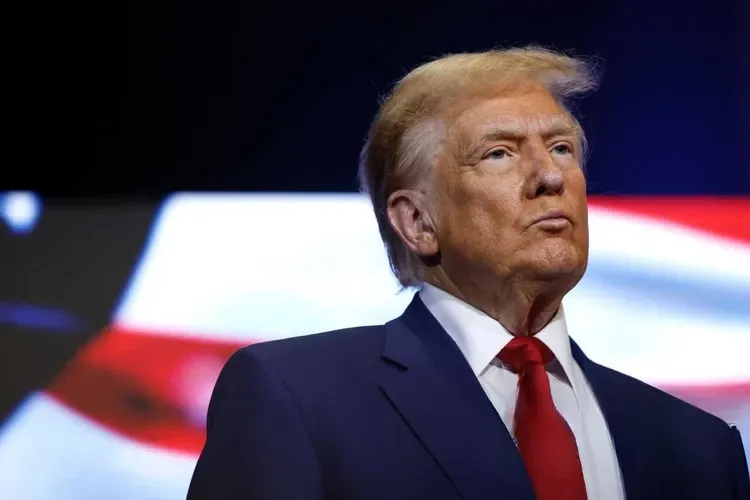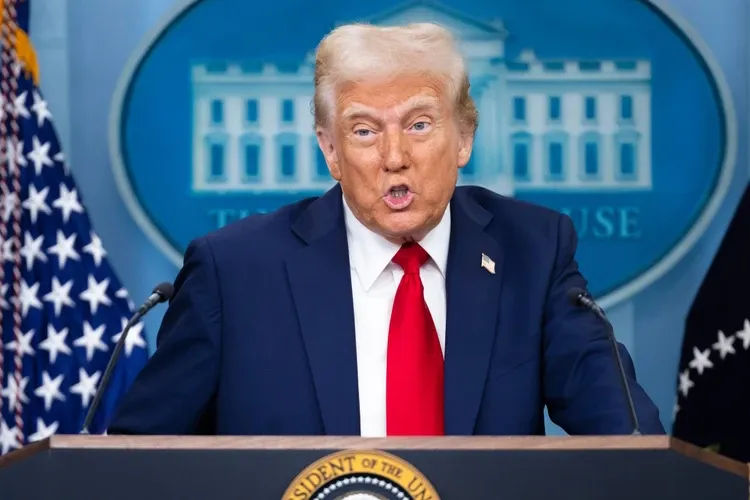The Trump administration is “actively looking at” a suspension of habeas corpus to bolster its immigration enforcement efforts.
White House Deputy Chief of Staff Stephen Miller confirmed the deliberations, pointing to constitutional provisions that permit such actions during an invasion. This potential move comes after federal judges blocked deportation attempts under the Alien Enemies Act.
“The decision will be dictated by what the courts do,” Miller explained, observing that judicial intervention has hampered the administration's immigration agenda.
The administration has recently employed the Alien Enemies Act, a law dating back to 1798, in order to expedite removals of Venezuelan illegal aliens they’ve identified as violent criminals or gang members.
The measure has only been implemented only a handful of times throughout American history, such as during the Civil War, Reconstruction, the Philippines insurrection, and following the attack on Pearl Harbor. Any suspension would likely trigger immediate legal challenges, setting up another confrontation between executive authority and judicial oversight.
The administration’s efforts to decrease illegal immigration and deport illegal aliens remain central to its agenda. President Donald Trump has expressed frustration with judicial overreach in this domain, a tension that has defined the opening months of his second administration.
Some federal officials argue that the Immigration and Nationality Act actually limits court authority over presidential determinations related to temporary protected status, according to internal White House documents.




